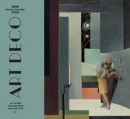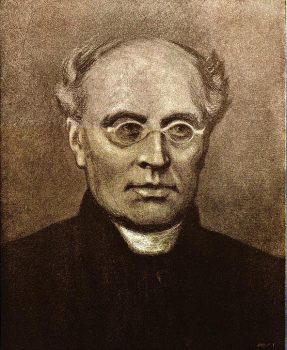Search results for "Precio seguro coche Santee CA llama ahora al 888-430-8975 Compra seguros Calcular el seguro de coche mas barato Calcular valor seguro automotor Cotizar seguro de autos Calcular precio de seguro Seguro automotriz economico"
Art Deco / ja taiteet / i konsten / and the arts
6 June 2013 | Mini reviews, Reviews
 Scientific editor: Laura Gutman
Scientific editor: Laura Gutman
Editor: Susanna Luojus
Helsinki: Suomalaisen Kirjallisuuden Seura (the Finnish Literature Society), 2013. 179 p., ill.
Texts in Finnish and Swedish, summaries in English
ISBN 978-952-222-430-9
€38, hardback
This work was published simultaneously with the opening of the exhibition ‘Art Déco and the Arts. France–Finlande 1905–1935’, running at the Amos Anderson Art Museum in Helsinki from March to 21 July. Antiquity was the primary source of inspiration for this broad artistic movement in France, after the breakthrough of Fauvism in 1905. In Finland this antimodern – and yet at the same very modern – movement manifested itself most clearly in industrial art, in the 1920s in classicism and 1930s in functionalism. But from early on, Finnish painters and sculptors also kept an eye on the French art and artists – among them Maurice Denis, the spokesman of the antimodernists. The dialogue between the visual and the performative arts (theatre and dance) in Finland is also examined. Samples of Art Deco architecture are mostly absent, as the emphasis is on painting and sculpture. Some less well-known artists of the period (painter Nikolai Kaario, sculptor and engraver Eva Gyldén) are introduced. The exhibition and the richly illustrated book introduce both Finnish and French works – from many museums and collections in France – of both industrial and fine arts, in pictures and in words by nine specialists, offering the reader fresh and interesting comparisons.
The Comb
30 September 1981 | Archives online, Fiction, Prose
A short story from Tilanteita (‘Situations’, 1962). Introduction by Vesa Karonen
The young man’s comb dropped behind the radiator under the window. The young man crouched down to look and felt with his fingers in between the pipes and along the floor. No trace of the comb.
Lose something on a train and it eludes you. A train ticket I left once – just placed it long enough on the window ledge for it, too, to fall behind the radiator. Couldn’t find it. The conductor came along, said “Any new fares! Tickets please.” I just sat still, totally unconcerned, until he’d gone. I’m sure there are little details which give the game away to conductors, they know who’s just got on.
New passengers are always somehow fresher, more alert. In winter, I hear, they look at the passengers’ feet. If there’s snow round the edges of the shoes, no need to hesitate. A lot of people are done for by looking straight in their eyes. Offenders always look straight back and then in the middle try to look somewhere else entirely. I was careful not to look steadily into the conductor’s eyes. It was easy when I concentrated on the way the long ventilator cords swung back and forth from the ceiling. They all swung in the same direction but some cords were a bit behind the others. Perhaps it was because the cords were all slightly different in weight and length. Now I remember – it’s not the weight that counts, just as it’s not weight that affects the way a pendulum swings. When the conductor had gone I began to look for my ticket again. I went on looking for it all the way to Tampere. The young man, too, would obviously go on looking for his comb until he got where he was going, without finding it. More…

